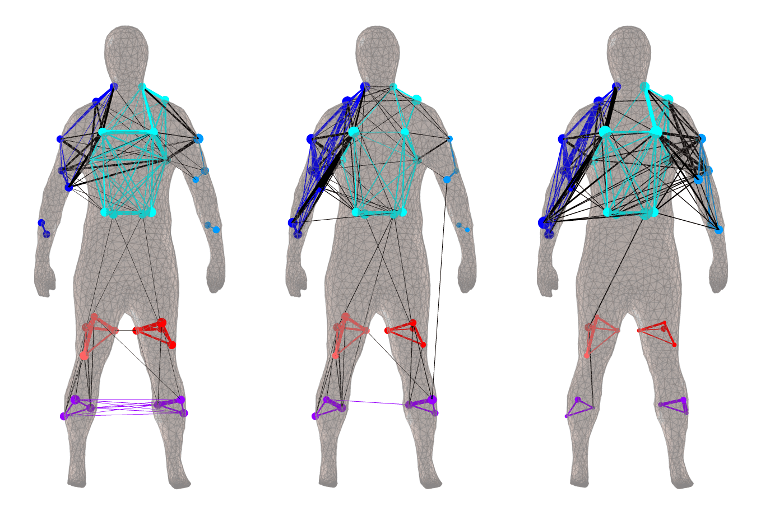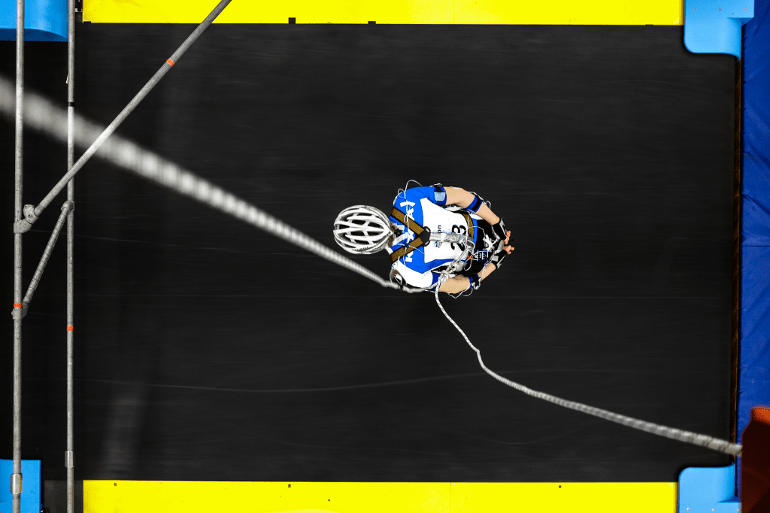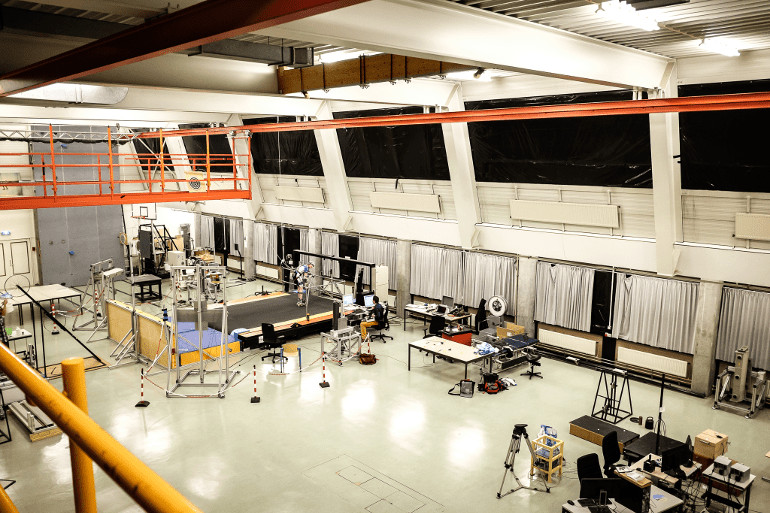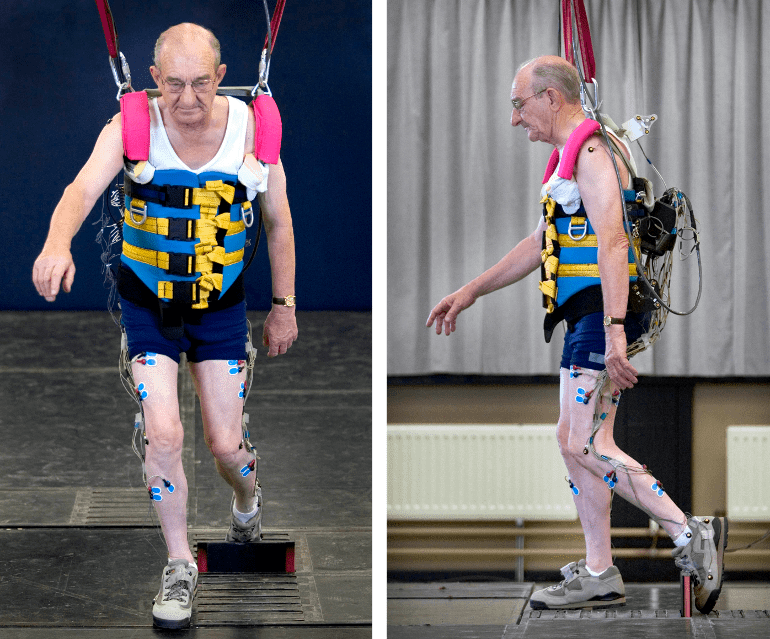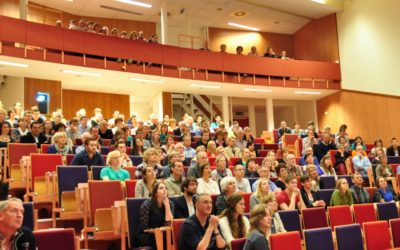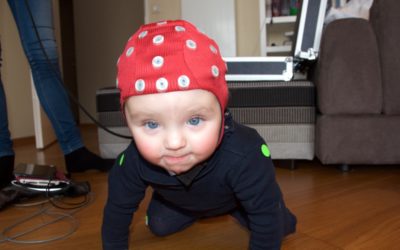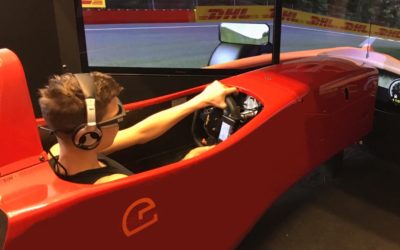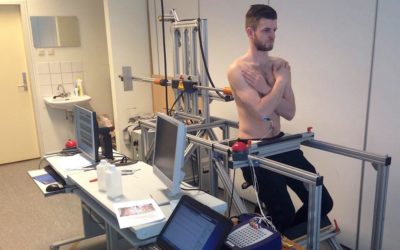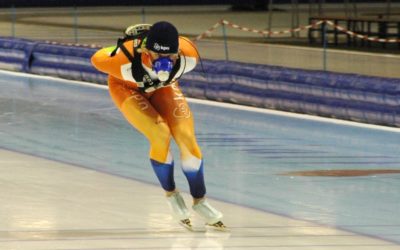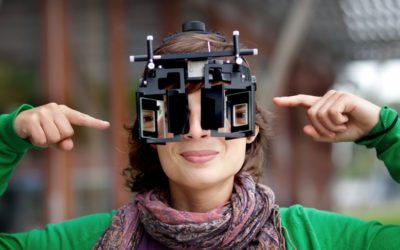About Human Movement Sciences
Faculty of of Behavioural and Movement Sciences
Research
In our research agenda, pushing scientific boundaries and contributing to societal challenges are equally important. Our research is embedded in two research institutes that the department co-founded: Amsterdam Movement Science (AMS) and the Institute for Brain and Behavior Amsterdam (IBBA), and is organized in five Research Sections that collaborate closely: Coordination Dynamics, Physiology, Motor Learning and Performance, Neuromechanics and Sensorimotor Control.
Education
The department offers a BSc degree in Human Movement Sciences (in a Dutch language program) and two 1-year Master programs: Human Movement Sciences: Sport, Exercise and Health and Musculoskeletal Physiotherapy Sciences as well as a 2-year Research Master program: Human Movement Sciences.
Life is movement
Movement is the basis of everything we do. We need to move to survive, to achieve and to enjoy life. Movement cannot always be taken for granted, as is the case with patients whose functional movement is limited due to diseases and/or conditions such as osteoarthritis, cerebral palsy, stroke or a trauma. But also among healthy individuals (especially children, the elderly, athletes and working people), there is often a need to optimise movement in order to maintain or improve the range of movements or to prevent injury.
Showcase
Forward Thinking
Broad Networking
Research in Teams
Corporate News
News | All news
Nov. 2017Latest news from the VU Department of Human Movement Sciences. Get a quick overview of all relevant news from our sections.
The Sections
Education
In the section Education, senior and junior lecturers develop workgroup and practical education. All the lecturers are acting as mentors for the first-year students.
Coordination Dynamics
The section Coordination Dynamics seeks to understand the coordination between limbs and between movements and environment using concepts and tools of the theory of dynamical systems.
Motor Learning & Performance
Motor Learning & Performance examines motor control and learning at different stages of development within sport, rehabilitation, physical education and other performance environments.
Neuromechanics
The section Neuromechanics integrates neurophysiology and biomechanics to better understand the neuromusculoskeletal system.
Physiology
The Physiology section focuses on improving performance in healthy people and athletes and in the presence of motor impairment due to accident, illness, disease or ageing.
Sensorimotor Control
In the Sensorimotor Control Section we are concerned with how we adapt our movements to the environment.
